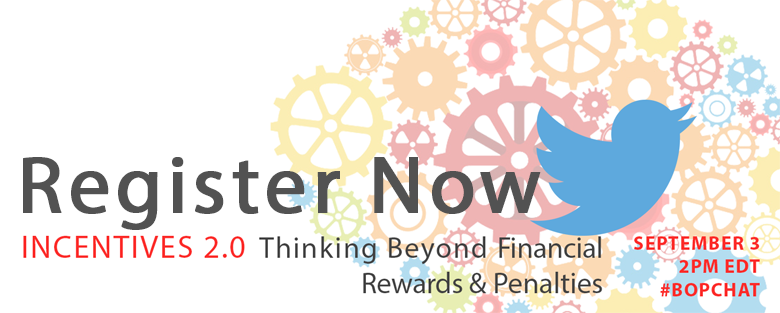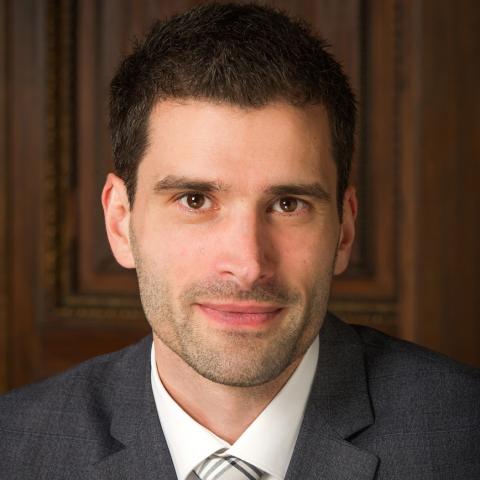The Commonwealth Fund recently announced the first four grants awarded through its new initiative, “Incentives 2.0: A Synergistic Approach to Provider Incentives.” These grants look to the fields of behavioral economics, psychology, sociology, and the management sciences to identify new ways of designing incentives that encourage providers to consistently make decisions that promote higher-value health care. For some background on this initiative, we asked Mark Zezza, assistant vice president of Delivery System Reform and Cost Control, a few questions.
1. What are some of the factors we know motivate health care providers?
Many people think of external incentives such as financial rewards. However, medicine is challenging work that takes years of training and involves high stakes. As a result, doctors and other health care providers may be motivated just by knowing that a job is done well. And, as with most people, they also have a desire to achieve individual goals and garner the respect of their peers. Psychological research has uncovered a variety of other motivating factors. We still need to learn more about how best to use them in health care settings.
2. In what ways are incentives currently being used to help providers make decisions that are optimal for the patient, the provider, and the health system overall?
The use of financial incentives to drive performance improvement has had mixed results. It may be possible to increase their impact by appealing to providers in additional ways. For example, some delivery systems are using report cards that show providers' performance relative to their peers. In addition to appealing to providers' desire to perform well, such reports can help them gauge their progress toward goals they (or their organizations) may have set. These reports can also be used to determine financial rewards.
3. In your July 15 blog post, you and your coauthors say that "The link between strong organizational culture and top performance is well demonstrated." How are you looking to affect provider decision-making from an organizational level?
There's evidence that working alongside your peers in an environment that promotes improvement can have a motivating effect. However, even the most highly motivated provider is likely to make some errors if they work in an organization that lacks the right team members or well-thought-out care processes. Some organizational characteristics that help create a high-functioning environment include: a clear mission, integrated decision-support systems, a quality improvement process that engages all levels of the organization, and nonpunitive approaches to problem-solving.
4. How are other industries using innovative approaches to promote high-value decision-making?
The health care industry can learn from employers who are using tools such as social norms (being influenced by what others do), non-financial as well as financial rewards, and team-based incentives to encourage participation in wellness programs. For years, marketers have been finding innovative ways to influence decision-making, such as strategically choosing default options , as well as limiting options so people do not become overwhelmed. Also, the big data revolution and social media are helping people make all sorts of decisions. For example, I have an app on my phone to help me figure out the best place to eat when I am in a new neighborhood. Other apps send me notifications when my friends complete runs, so I can congratulate them and get motivated for my own races. There are several tools that allow people to choose their own incentives for losing weight, giving up cigarettes, or just about any other lifestyle decision.
To further explore the alternatives to financial rewards and penalties, we are hosting a one-hour tweet chat on Wednesday, September 3, at 2:00 p.m. EDT. We will be joined live on Twitter by Farzad Mostashari, M.D., CEO, Aledade, and Daniel B. Wolfson, executive vice president and COO, ABIM Foundation, who will provide their expert insight. You can participate by following along and tweeting with #BOPChat, our series of tweetchats coming out of the new Breakthrough Health Care Opportunities program.




